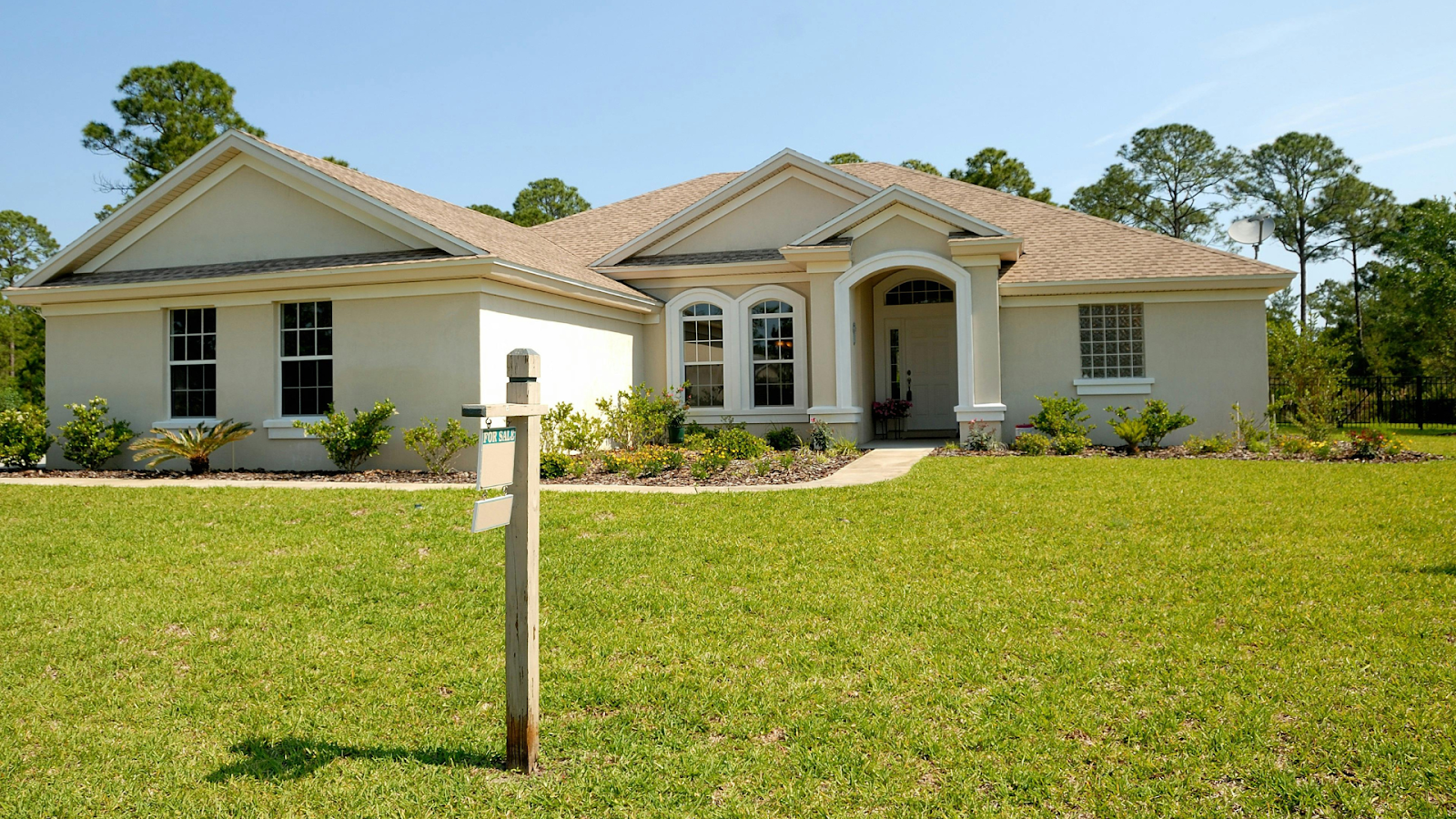Home Buying Tips That Could Save You Thousands
August 21, 2025

Key Takeaways:
- Plan with a Full-Scope Budget: In Texas, property taxes can shift significantly after closing. Building your budget around assessed values, local comps, and potential exemptions helps you prepare for long-term ownership costs, not just the mortgage.
- Tap Into First-Time Buyer Support: State-backed programs like HANC, along with exemptions for veterans, seniors, and public servants, can reduce upfront costs and monthly payments. These tools make homeownership more accessible for buyers across Texas.
- Strengthen Your Financing and Secure Long-Term Savings: A strong credit score, smart loan selection, and well-timed closing negotiations can lower your overall financial burden. Pairing the right mortgage type with available tax exemptions sets the stage for a more stable and affordable future.
Here’s the truth: even smart, savvy buyers routinely leave money on the table. Texas’s unique property tax system rewards those who understand its nuances, from protest deadlines to exemption qualifications and how to gather and adjust property comps correctly. Every percentage point you shave from your assessed value can translate into real, lasting savings. However, the key is knowing where to look and when to act.
This guide provides crucial home-buying tips that could save you thousands. We’ll walk through practical, actionable strategies, decode the confusing tax terminology, and arm you with the insights our Texas Tax Protest team leverages daily to help homeowners and commercial property owners secure fair property valuations.
Build A Budget That Reflects True Ownership Costs
Budgeting for a home in Texas goes far beyond securing mortgage pre-approval. Savvy buyers recognize the ripple effects of property taxes and ongoing ownership costs on monthly finances and long-term wealth. Here’s how to build a budget that protects your wallet against surprises.
- Review the Assessed Value and Recent Tax History: Property taxes in Texas are tied to assessed value, which often changes after a sale. The increase may be more dramatic if the home hasn’t been sold in years. Looking at previous tax bills helps estimate your annual costs once the property is under your name.
- Study Similar Sales in the Neighborhood: Nearby homes with similar square footage and features provide a reference point for value and taxes. Some buyers also pull sale prices and assessments to get a rough estimate of how the home stacks up within the area.
- Estimate How Features Impact Value and Expenses: Adjustments like remodeled kitchens, garages, or pools often boost market prices and future tax obligations if your desired home includes high-value upgrades, factor that into your annual budget projections.
- Research Exemption Eligibility: Tax savings may be available if you qualify for homestead, over-65, or disabled veteran exemptions. These programs reduce your taxable value and can lower your yearly bill. Include potential savings in your budget as long as you meet eligibility and file the proper paperwork after closing.
- Account for Expenses Beyond the Loan: A monthly housing budget includes more than the mortgage. Plan for property taxes, homeowners’ insurance, utilities, HOA dues, and repair costs. Getting clear on these numbers early helps prevent unexpected stress after move-in day.

Boost Your Credit Score For Better Mortgage Rates
A strong credit score can help lower your interest rate and make homeownership more affordable in the long run. Lenders use your credit history to decide what rates to offer; even small changes to your score can lead to significant savings over time.
Start by reviewing your credit reports from all three major bureaus. Look for errors, such as outdated accounts or incorrect payment records, and dispute anything that doesn’t belong. Removing these can give your score a quick lift. From there, focus on reducing your credit utilization. This ratio compares your credit card balances to your total available credit. Aim to keep it under 30%, and pay down lingering balances when you can. Even a few hundred dollars can make a noticeable difference.
Avoid unnecessary hard inquiries in the months leading up to your loan application, as multiple credit applications can make you appear riskier to lenders. If you’re comparing mortgage or auto loan rates, group those applications within a 30-day window to limit the impact on your score. Since new accounts can lower your average account age, holding off on opening new credit lines until you finish your home purchase is good.
First-Time Home Buyer Programs That Can Lighten The Load In Texas
Buying your first home can feel like solving a puzzle with high stakes. Between rising prices, property taxes, and hidden fees, it’s easy to feel overwhelmed by the upfront and long-term costs. Fortunately, Texas offers a range of programs designed to ease the pressure. These resources can help reduce your down payment, lower your interest rate, or even connect you with low-interest loans backed by state or federal funding.
Discover Financial Assistance Options Built for New Buyers
Many first-time buyer programs in Texas are structured to reduce the biggest hurdle: the upfront cost. Down payment assistance programs and reduced-interest mortgage loans can help stretch your savings further. Some options allow you to get started with as little as 3% down, and others offer grants that never need to be repaid.
Eligibility often goes beyond just income. These programs may also consider the location of the property, household size, and type of home you’re purchasing. That flexibility opens the door for more Texans in rural or rapidly growing areas where home values can spike unexpectedly.
Look Into Specialized Help for Veterans, Educators, and First Responders
Additional programs exist for public servants and service members who’ve given back to their communities. These include down payment support, reduced loan requirements, or partial loan forgiveness. If you’re a teacher, veteran, active-duty service member, or first responder, it’s worth exploring what’s available before you finalize your budget. Some of these programs can also be layered with other forms of assistance, giving you even more financial breathing room during the buying process.
Consider the HANC Program for New Construction in Texas
The Homebuyer Assistance with New Construction (HANC) program offers another valuable option for Texans exploring newly built homes or manufactured housing. Funded through the U.S. Department of Housing and Urban Development’s HOME program, HANC helps low-income homebuyers by connecting them with fixed-rate loans for:
- Site-built home purchases with new construction.
- Manufactured Housing Unit (MHU) acquisition and placement.
- Construction of single-family housing on land already owned by the buyer.
Loan terms typically range from 15 to 30 years, and interest rates may be as low as zero percent, depending on your eligibility. This program is especially helpful for buyers who want more control over their future home’s style, layout, and location.
Get Organized Before You Apply
While these programs can significantly reduce your financial burden, they often require a fair amount of paperwork and documentation. Plan by gathering recent tax returns, pay stubs, and identification, as some programs also ask for proof of residence or employment. As you explore your options, ask how participating in these programs might affect your property tax bill after closing.

Use Property Tax Exemptions To Reduce Your Annual Bill
Many new Texas homeowners overlook the exemptions available to them and miss out on meaningful long-term savings. Filing for the right exemption could lower your assessed value and reduce how much you owe each year. These exemptions aren’t always applied automatically, so it pays to know your options and take action shortly after closing. Here are some of the most common exemptions Texans apply for:
- Homestead Exemption: Homeowners who use the property as their primary residence may qualify for the homestead exemption, which reduces the taxable value of the home. After you move in, you must apply and provide proof of residency.
- Over-65 Exemption: Texans 65 and older may qualify for an additional reduction in their taxable value. In many areas, this exemption also freezes school property taxes, offering more predictability as home values shift.
- Disabled Person Exemption: Residents with a qualifying disability may apply for tax relief similar to the over-65 exemption. This option helps limit annual increases and provides meaningful support for long-term affordability.
- Veteran Exemptions: Disabled veterans may be eligible for partial or full exemptions depending on their disability rating. Surviving spouses and certain active-duty service members may also qualify for similar relief. Each exemption has specific eligibility requirements, so it’s key to review your local appraisal district’s guidelines.
- Energy-Efficient and New Construction Exemptions: In some areas, new construction or significant upgrades such as adding solar panels or replacing windows with energy-efficient models may qualify for a temporary reduction in assessed value. Take note that these exemptions vary by county and typically require specific documentation.
Compare Mortgage Types Based On Your Budget And Timeline
Selecting a mortgage can feel like sorting through a massive RPG inventory – fixed-rate, adjustable-rate, FHA loans, VA loans, jumbo loans, and more. Each comes with unique perks and pitfalls, and your best pick depends on your real-life stats: income, savings, long-term plans, and how much risk you’re comfortable with.
Fixed-Rate Mortgages: Predictable and Long-Term Friendly
Fixed-rate mortgages keep your interest rate the same for the life of the loan. This consistency helps you lock in stable monthly payments and avoid surprises down the line. If you’re planning to stay in your home for several years or more, this type of loan often delivers the most peace of mind.
Adjustable-Rate Mortgages (ARMs): Lower Early Rates with Changing Terms
ARMs begin with a lower interest rate during the introductory period, followed by rate adjustments at scheduled intervals. This option may benefit buyers who expect to sell or refinance within a few years, or whose income will likely grow over time. However, the rate resets can shift your monthly payment upward once the fixed period ends, so budgeting with a buffer is key.
Government-Backed Loans: FHA, VA, and USDA Programs
Loans backed by federal programs often come with flexible terms for qualified buyers:
- FHA loans support buyers with lower credit scores and smaller down payments.
- VA loans offer eligible veterans and service members access to loans with no required down payment and favorable rates.
- USDA loans apply to rural property purchases and may include zero-down options for income-qualified buyers.
Jumbo Loans: Financing for High-Value Homes
Jumbo loans are designed for properties that exceed conforming loan limits. Since they carry more risk for lenders, they often require a larger down payment and higher credit scores. For buyers looking at luxury or high-market homes, jumbo loans open the door to higher borrowing thresholds but come with stricter financial checks.

Final Thoughts
The journey to owning a home and protecting that investment doesn’t end with signing at closing.
That’s why staying vigilant about your property valuation and understanding your rights as a Texas homeowner means every year is another opportunity to keep your hard-earned money in your pocket. Texas Tax Protest stands with you as a trusted guide, translating intricate property tax laws into actionable steps, so you’re not left scratching your head or emptying your wallet. Our blend of tech-powered data and one-on-one expertise makes it possible to spot potential savings hiding in plain sight.
Read more:
- The True Cost Of Homeownership: It’s More Than Just Your Mortgage
- Texas vs. California Property Taxes: Which State Hits Your Wallet Harder?
- Home Equity Loan vs HELOC: Breaking Down The Pros, Cons, And Use Cases
Frequently Asked Questions: Home Buying Tips That Could Save You Thousands
How can researching the market help me get a better deal?
Researching the real estate market gives you powerful insight into price trends, neighborhood values, and property demand. Instead of relying on listing prices alone, you can compare recent sales for similar homes. Adjustments are made based on differences, such as extra bedrooms, updated kitchens, or larger lots, so you’re comparing apples to apples.
Why is location so important in real estate?
Desirable school districts, convenient commutes, and access to shopping or parks can raise property demand, which often means higher resale values and better appreciation over time. In Texas, location also impacts your property tax rate since different counties, municipalities, and special districts set their own rates and exemptions. Knowing the lay of the land can help you pick a home with long-term financial benefits.
What is the benefit of buying a home during off-peak seasons?
Shopping for a home during slower seasons can mean less competition and more motivated sellers. Fewer bidding wars often translate into lower purchase prices or greater seller willingness to negotiate repairs and closing costs. Appraisals and inspection professionals have more flexible schedules, streamlining your home buying process. Every dollar saved up front means a lower property tax basis down the road.
Why should I consider a fixed-rate mortgage?
Fixed-rate mortgages keep your interest rate locked for the life of your loan. This stability means your monthly payments won’t jump unexpectedly, making budgeting easier as property taxes or insurance costs ebb and flow. Adjustable-rate mortgages may offer a lower initial rate, but can lead to surprises. Predictable costs have real value in a state like Texas, where tax assessments can fluctuate.
How can I get the best interest rate on a mortgage?
A strong credit score is the key. Lenders reserve their best rates for borrowers who demonstrate responsible credit use and timely payments. Take time to pay down debts, avoid new credit inquiries, and review your credit report for errors before you apply. Shopping around matters too – different lenders offer different rates and terms. Even a fraction of a percentage point less can add up to thousands in savings over the life of your mortgage.
What are the pros and cons of buying a foreclosure?
Foreclosures can be a bargain, often priced below comparable homes. However, these properties sometimes have hidden costs: deferred maintenance, legal complications, or issues that surfaced during vacancy. Inspections and clear title checks are especially crucial. While you may snag a deal, be prepared for more work and less flexibility during the buying process. Be strategic so tax appraisals accurately reflect what you paid after all repairs and upgrades.
What role does homeowners’ insurance play in the home-buying process?
Homeowners insurance protects your investment from unexpected disasters, such as fire, theft, or severe weather. It is essential for your peace of mind and is often required by mortgage lenders. Depending on your Texas location, you may need extra protection for floods or windstorms in addition to standard coverage. The right policy keeps you financially secure and can sometimes offer discounts for safety features or bundled policies.
How does a sizeable down payment impact my mortgage?
A larger down payment does double-duty: it lowers your loan amount and can land you a better interest rate. This reduces not just your monthly payment, but also your total interest paid over the loan’s lifespan. Putting down at least 20% often means no private mortgage insurance (PMI), which is another cost-saver. Smaller loans, along with potentially reduced tax assessments on a lower sales price, can mean major savings in your first years of Texas homeownership.











